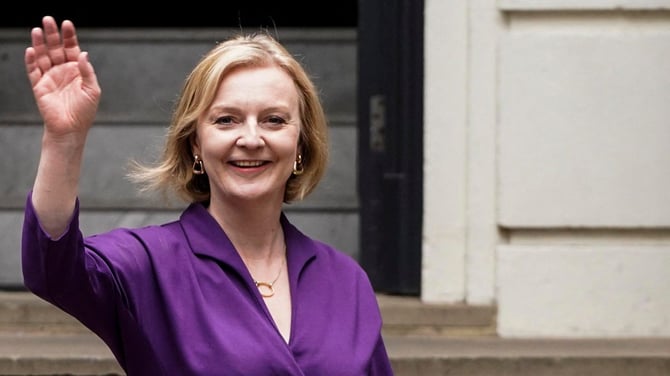Continued Turmoil in UK Economy

It has been a turbulent week for the UK, both economically and politically. The headline news is, of course, the resignation of embattled prime minister Liz Truss, but that should not distract from the gloom facing the economy.
Figures released this week revealed that UK inflation jumped back above 10% in September on soaring food prices, with the country in the middle of a cost-of-living crisis.
The Consumer Prices Index surged to 10.1% on an annual basis, up from 9.9% in August, the Office for National Statistics said in a statement.
The September rate matched the level in July and is the highest in 40 years. Sky-high energy bills have contributed to the surge, alongside food and non-alcoholic beverage prices, which climbed by 14.5%, the biggest jump since April 1980.
What does this mean for me?
The UK government has been rocked by chaos in markets in the wake of a budget that pledged unsupported tax cuts. Most of those measures have since been reversed, but at the cost of several senior government officials resigning, chief among them the new prime minister and her finance minister.
Analysts have said the latest figures would put pressure on the Bank of England (BOE) to keep raising its main interest rate by significant amounts. Some market watchers have suggested the BOE could hike its rate by as much as one percentage point to 3.25% at its next meeting in November.
More News

OECD Warns AI and Tariffs Will Test the Global Economy
2 days ago

Zero Tariffs, Higher Drug Bills as US and UK Reset Pharma Trade
3 days ago

Catastrophe Bonds Go Global as Climate Risk Meets Yield Hunting
1 week ago
.webp)
Canada Shields Steel and Lumber Industries From Tariffs
1 week ago

Trump Drops Selected Tariffs in Response to Inflation Pressures
1 week ago

Tariffs on Mexico Test Nuevo Leon’s Industrial Momentum
2 weeks ago

US Moves to Ease Latin American Tariffs as Food Inflation Mounts
2 weeks ago

Japan Faces First GDP Shrinkage in Six Quarters as Tariffs Bite
2 weeks ago